Research and publish the best content.
Get Started for FREE
Sign up with Facebook Sign up with X
I don't have a Facebook or a X account
Already have an account: Login
Tech tools that assist all students to be independent learners & teachers to become better teachers
Curated by
Beth Dichter
 Your new post is loading... Your new post is loading...
 Your new post is loading... Your new post is loading...

Kat Zimmermann's curator insight,
July 23, 2014 10:18 AM
The name really says it all. Different internet tools are introduced in a wait for it...NUTSHELL. The tabs offer other basic introductions to other topics as well. |
|



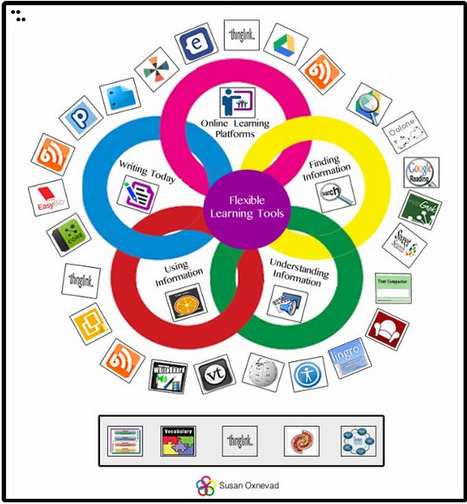

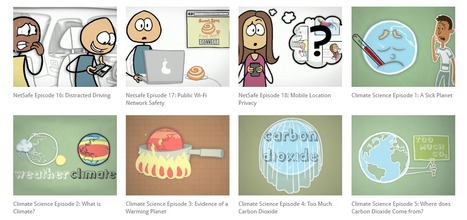


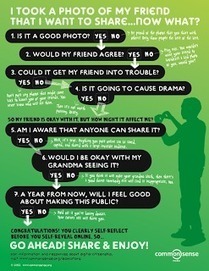
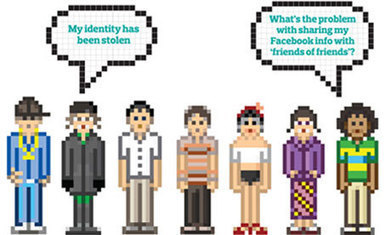
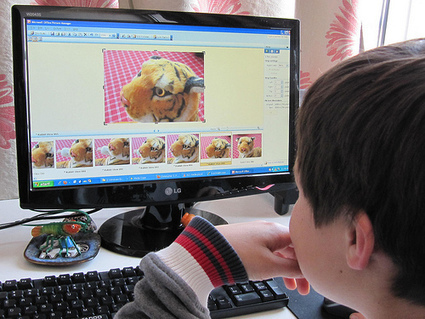





This ThingLink image created by Susan Oxnevad is chock full of resources in the following categories:
* Online Learning Platforms
* Finding Information
* Understanding Information
* Using Information
* Writing Today
* SAMR Model of Tech Integration
* CCSS Vocabulary
* Build a ThingLink Classroom and The ThingLink Toolkit
* Google Forms: Create an Assignment Tracker to Collect Work
* Avatars and Internet: Using Avatars to Teach Internet Safety
There is also a ThingLink on Digital Differentiation, 2014 edition.
If ThingLink is new to you as you scroll over you will see a variety of symbols appear. Each links to a specific resource.